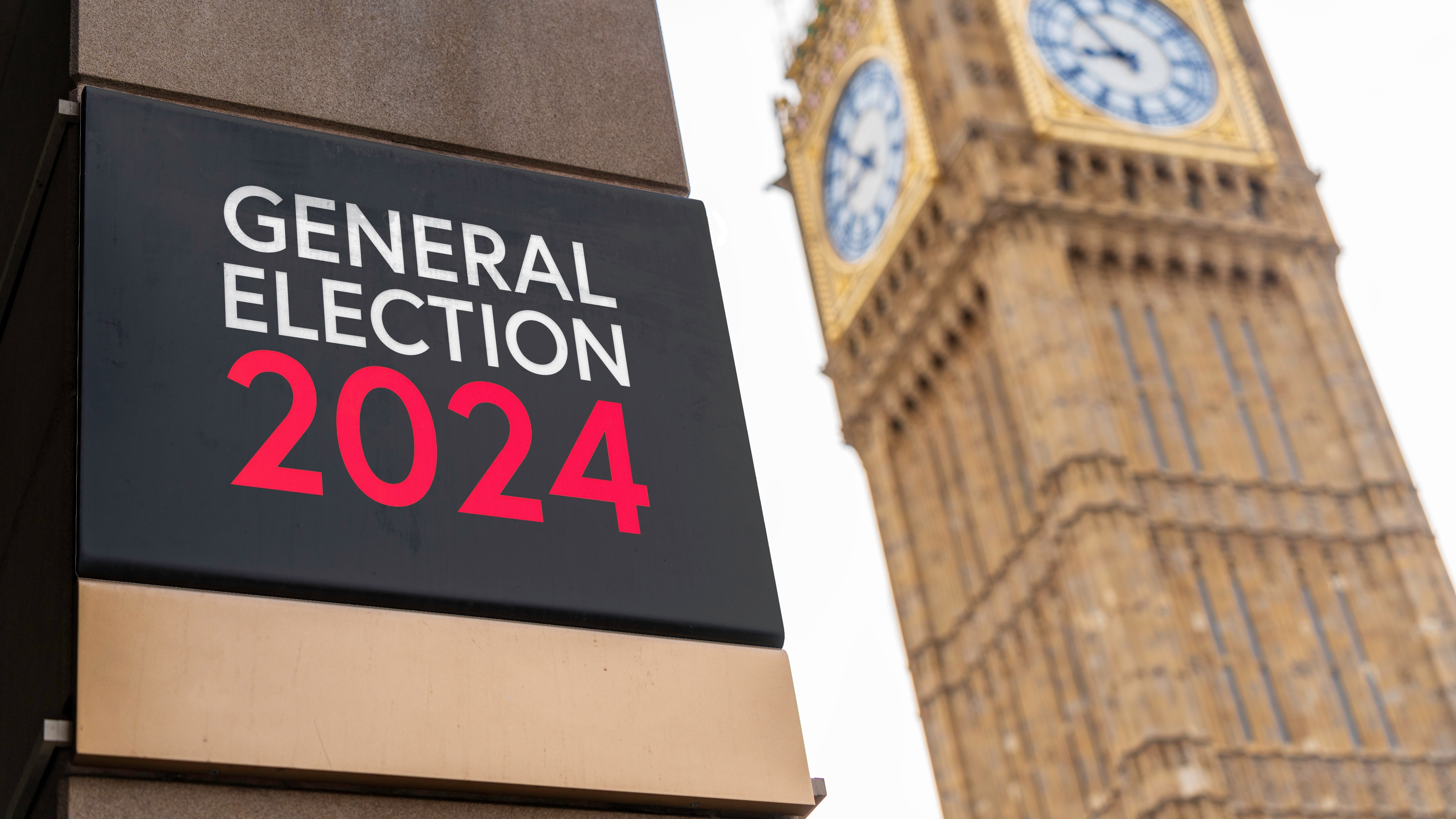What does Labour’s election win mean for the tech, climate and clean energy sectors?
by Pia Doering on 05 Jul 2024
The electorate has given Labour the second-largest majority (after Tony Blair in 1997) in British parliamentary history since Clement Atlee led a Labour Government in 1945. While the result needs to be qualified by the low voter turnout (at an estimated 60%, it was the second-lowest in post-war history) and the low share of the vote that Labour obtained (at only approximately 34%), the size of its majority means the party will have a largely free hand in pushing its agenda through parliament. Now that the UK has a new Prime Minister, a new parliament, and, shortly, a new cabinet, we look at what Labour’s victory could mean for the tech as well as the climate and energy sectors.
HIGH-LEVEL BUSINESS POLICY
Perhaps unusually for Labour, the environment for businesses, wealth creation, and fiscal responsibility have been at the heart of Labour’s bid for office this time. The party has branded itself as ‘the party for business’ after spending time repairing a fractured relationship with the private sector under its former leadership.
Accordingly, Labour has made many business-friendly promises. In its manifesto, the party committed to cap corporation tax at its current level of 25p for the duration of the next parliament despite the fiscally tight environment (whilst promising not to raise most personal taxes); implementing ten-year budgets for key research and development (R&D) institutions to enable meaningful industry partnerships; and establishing a £7.3bn National Wealth Fund for public investment to create jobs and support the party’s growth and clean energy missions. Businesses will benefit from a new Regulatory Innovation Office to help regulators update regulation, speed up approval times, and co-ordinate ‘issues that span existing boundaries’. Such an approach would be welcome news for tech regulation, with the fast-moving technology industry challenging regulators to stay ahead of the latest technology and business models.
TECH
Speaking of technology - tech policy did not play a large role in this campaign. This is partly because tech topics rarely catch votes, and partly because two major pieces of tech legislation (the Online Safety Act and the Digital Markets, Competition and Consumer Act) passed in the last parliament, meaning the focus in these policy areas is moving from legislation to enforcement. Nonetheless, Labour has made several tech-related promises in its manifesto and on the campaign trail.
The party has promised to ‘instantly’ introduce binding regulations on the companies that develop the most powerful AI models (something which the last Government did not do for fear that it could be premature, relying instead on voluntary commitments and principles to be implemented by the existing regulators). Labour wants to ensure that its industrial strategy supports the development of AI, inter alia by removing planning constraints for new data centres, and has promised to create a National Data Library that can bring together existing research programmes and help deliver data-driven public services.
Although Labour has not committed to introducing a bill on data (after the Data Protection and Digital Information Bill failed to complete its Parliamentary stages due to the calling of the general election), industry groups have called for legislation to make the UK a more attractive place for data-driven R&D by clarifying current provisions, supporting smart data schemes, and creating more flexible routes for companies to legally transfer data across borders. Given how closely AI and data are related, it may well be that a new government could introduce legislation to address both.
Finally, we may see tweaks, updates, or simply the necessary commencement provisions for existing legislation. For example, Labour has said that it would build on the Online Safety Act to address harms facing women and children online, and that it would ‘explore further measures to keep everyone safe online’, particularly on social media. The new Technology Secretary will be responsible for confirming the thresholds for services’ categorisation under the Act. Meanwhile, the Digital Markets, Competition and Consumer Act still requires several statutory instruments to be made before the regime comes fully into force – this too will now fall to Labour, although no major changes in approach are expected in this case.
With few tech-specific commitments from Labour, it will in many ways be up to the tech sector to communicate its urgent asks to the new Government, and it will have to compete with many other interest groups in doing so.
CLIMATE AND ENERGY
We have a better idea of Labour’s agenda when it comes to the climate and energy sectors. Despite Labour halving the its green spending plans from £28bn to £15bn, the party remains committed to net zero, pledging inter alia to reach ‘clean power’ (i.e., emission-free power) by 2030 – five years earlier than planned by the Conservatives. Indeed, Sir Keir Starmer cited the opportunity for clean power as one of the top priorities for government in his first speech as UK Prime Minister earlier today (alongside improving the NHS, tackling immigration, and combating crime). To this end, Labour will establish the publicly owned Great British Energy company to drive forward investment in clean, home-grown energy production.
It has promised to introduce a ‘Warm Homes Plan’ to offer grants and loans to support investment in insulation and low carbon heating technologies and will reverse the Conservative Government’s decision to prevent the Bank of England from considering climate change in its mandates. Labour moreover plans to require UK-regulated financial institutions and FTSE 100 companies to develop and implement ‘credible transition plans’ in line with the 1.5C target of the Paris Agreement. In the skies, Labour has said that it would promote sustainable aviation fuels (SAF) and encourage airspace modernisation. Accordingly, businesses can expect a renewed focus on green policies under the new Government.
NEXT STEPS
Following Labour’s victory, Prime Minister Sir Keir Starmer will now appoint his cabinet. On July 17, Labour will outline its initial legislative priorities for the new parliamentary session in the King’s Speech – we may see, for example, proposals on AI legislation and on establishing Great British Energy (especially as lowering energy bills will be a key focus of the new administration) The first budget is likely to take place in September or October after the Office for Budget Responsibility (OBR) has prepared its forecasts.
At Inline Policy, we have helped many clients navigate governmental transitions like this. If you have any questions about what a new Labour government could mean for your business and how to ensure your priorities are considered by a new administration, just get in touch.
Topics: Energy policy, UK politics, UK business, Technology, Politics






Comments